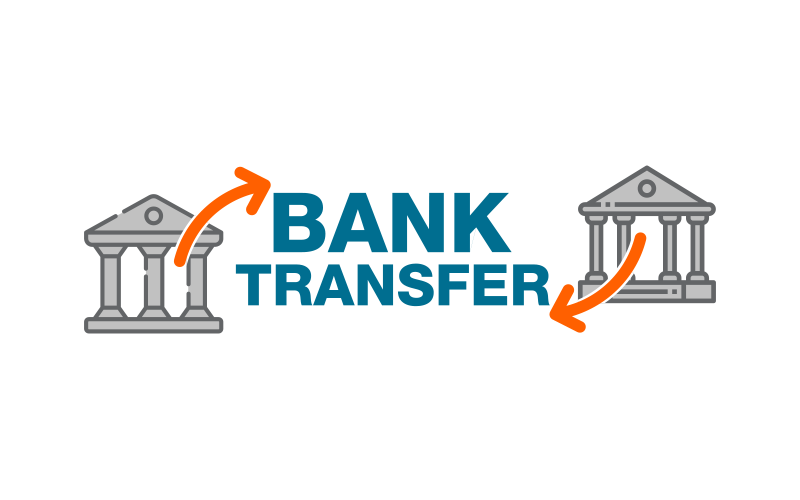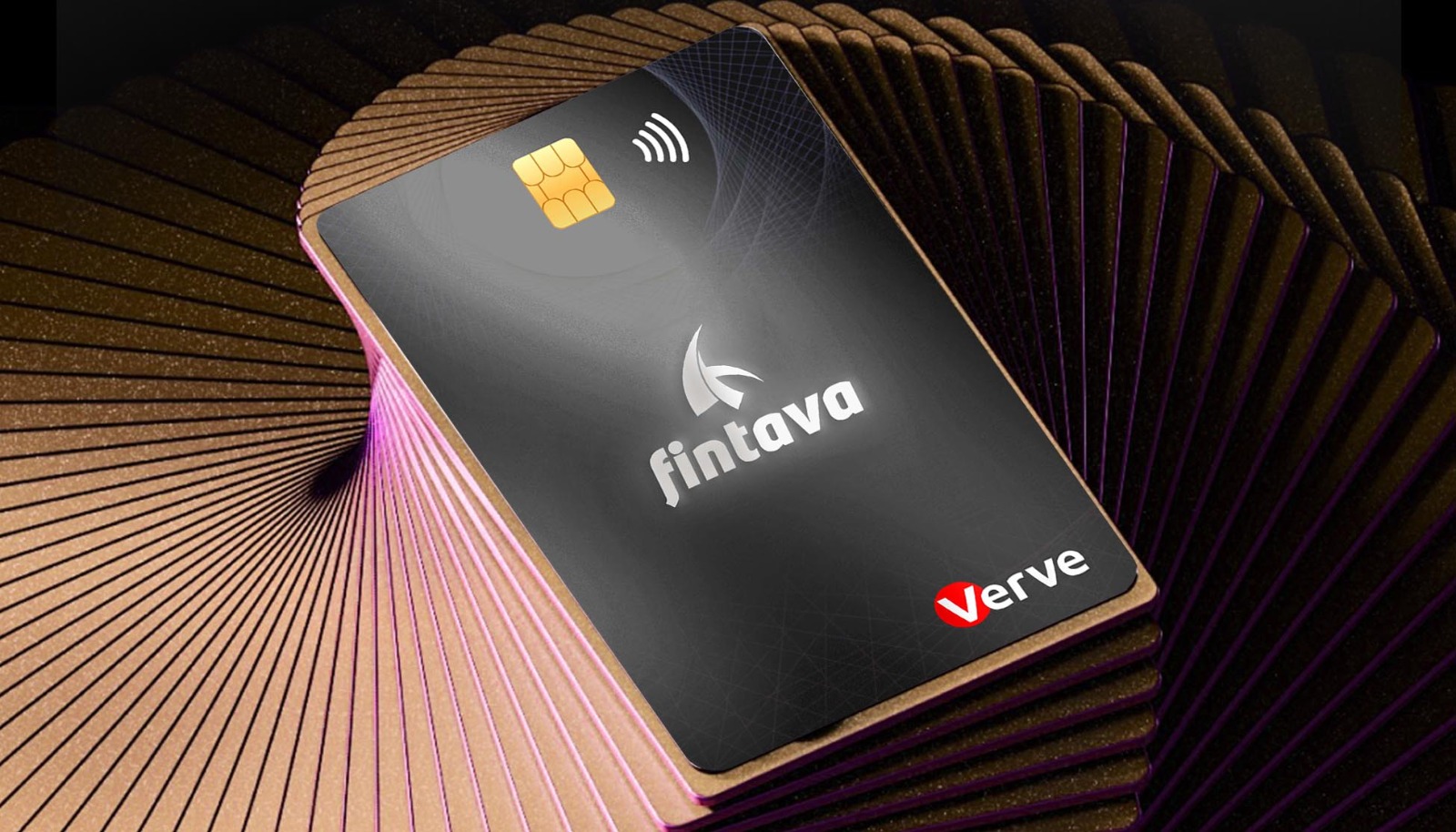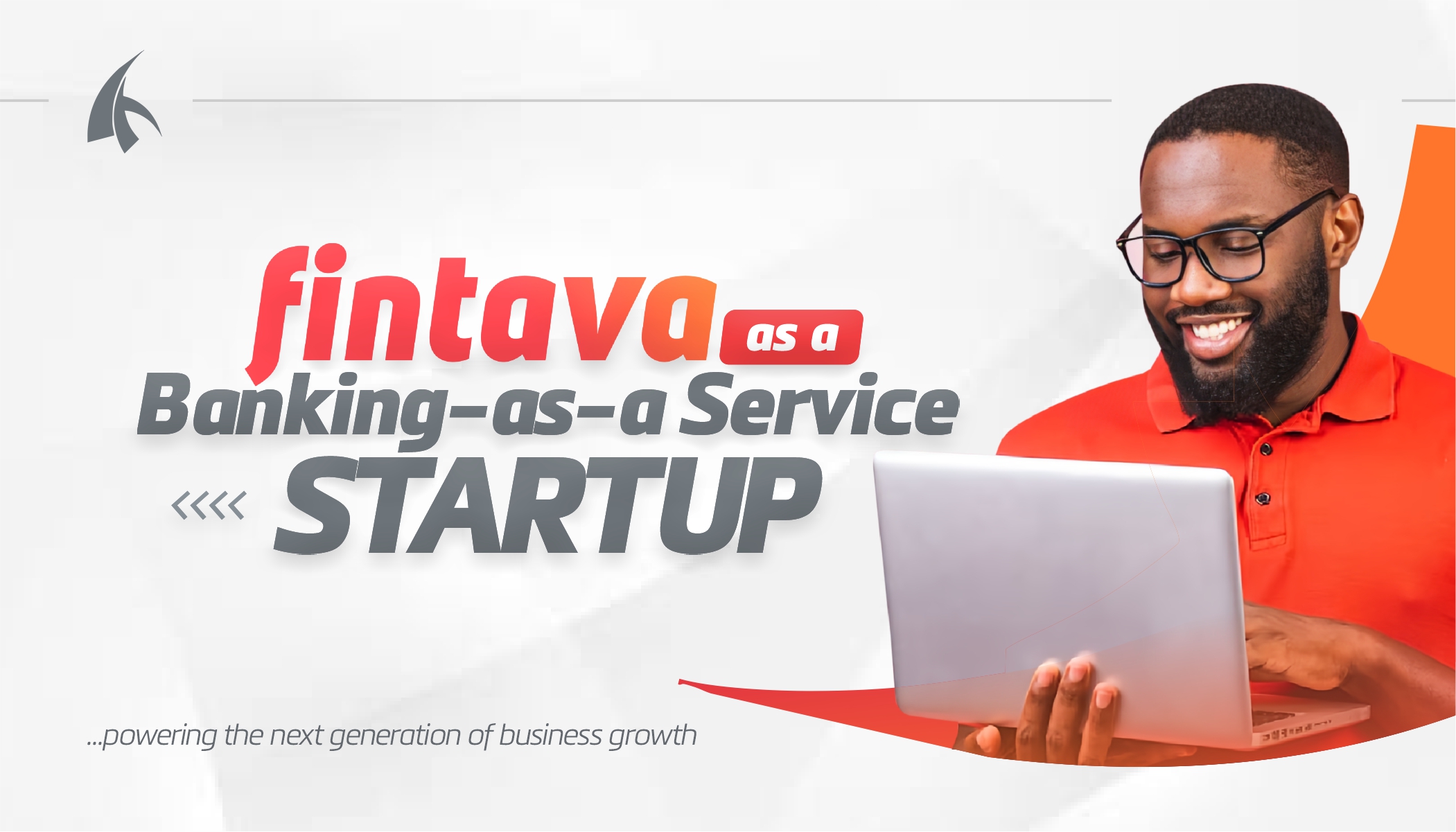“Transfer or cash?” This has become a common question when you’re about to make payments at most retail outlets in Nigeria, or at least in Lagos, where I live.
If the former is your preferred option, then you’re like me.
However, while I make bank transfers every day, I’ve never thought of how it works. Of course, I know how to initiate a transaction on my bank app, but what happens when I hit send?
When I think about it, I imagine physical cash flying in the air guided by the wind from one bank account to another. It is also what I think about when people say their money has “hung” a word used to describe what happens when they get debited but the recipient doesn’t get credited.
To understand how these debits and credits work, I decided to talk to an expert. While they have chosen to remain anonymous, all we can know about them is that they work for Nigeria’s central switch, the Nigerian Inter-Bank Settlement System (NIBBS).
A brief history of bank transfers
You can’t talk about bank transfers in Nigeria without talking about the introduction of NIBSS Instant Payments (NIP) over 13 years ago.
But before NIP there was NIBSS Electronic Fund Transfer (NEFT) that was launched in 2004 to allow for automated and electronic clearing and settlements.
Interestingly, pioneer fintechs like Interswitch and eTranzact also launched something similar in 2002 and 2003 respectively, but these solutions weren’t instant.
It wasn’t until 2006 that the Central Bank of Nigeria (CBN) laid the foundation for instant bank transfers designating NIBSS to become the National Central Switch (NCS) and tasked it with the duty of linking all CBN-licenced banks, mobile money money operators, and switches together.
Essentially, NIBSS’s job was to make sure there was interoperability among banks and other financial institutions because the CBN wanted to start driving its cashless payment initiative. And by 2011, NIBSS launched NIP.
That same year CBN introduced the Nigeria Uniform Bank Account Number (NUBAN) which made all bank account numbers 10 digits. Before that, different banks had varying standards.
These events mark a watershed moment in Nigeria’s financial ecosystem. And thinking about it now, finance is probably one of the things Nigeria is good at.
In 2021, the West African nation was ranked the sixth most developed real-time payments market in the world according to ACI’s Prime Time for Real-Time report.
In Africa, it is the undisputed champion of real-time payments.
But how exactly does this real-time payment work?
It’s all about communication
Bank transfer is more about sending messages than actual cash being guided by the wind across the skies. See it as banks texting each other It is basically sending messages to change financial records.
However, keep in mind that these messages are very secure and are not They are in formats that you ordinarily would not understand unless you’re trained to.
NIP is the messaging platform banks or the middleman that banks deliver messages through.
What happens when you hit send
When you hit send, it means you have initiated a payment request. Your bank will send this payment to the NIP, which will then route the request to the recipient’s bank account.
Once the recipient’s bank sees the request, they credit the account. They will then tell NIP they have successfully credited the account, and NIP will send the confirmation to your bank, and you’ll see a debit alert while the person you sent the money to sees a credit alert.
The interesting thing in all of these is that money hasn’t moved from one bank to the other. This is how my contact at NIBSS explains it.
Both banks cannot send payment every time a payment request is initiated; they simply record the debits and credits. The real money movement happens four times a day, and this process is called settlement.
The genius of NIP is that it separated settlement from payment requests. Doing it at the same time could mean transfers take anywhere from three days to one month.
Deferring the settlement cycles to another time means that banks simply go through their debit and credit logs and see which bank needs to send them money and which bank they’re sending money to.
We can deduce from this that the Nigerian payment system is reliable, but as cash becomes more obsolete and more people opt for digital payments, we might just need a more robust payment system.



